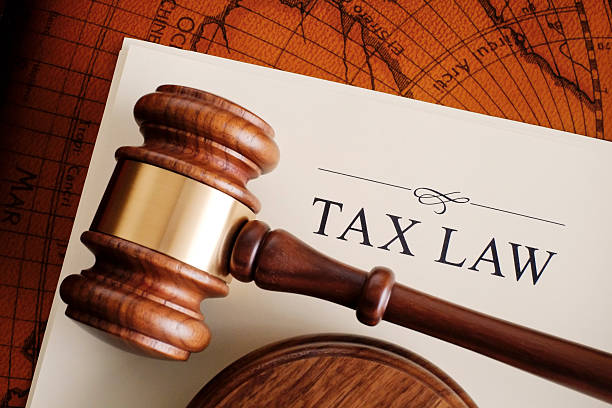The definition of a “small company” in the Nigeria Tax Act (NTA) contradicts the description in the Nigeria Tax Administration Act (NTAA).
According to checks by TheCable, under Section 202 of the Nigeria Tax Act (NTA), a “small company” is described as one with a gross turnover of N50 million or less per annum and total fixed assets not exceeding N250 million.
“Small company means a company that earns gross turnover of N50,000,000 or less per annum with total fixed assets not exceeding N250,000,000, provided that any business providing professional services shall not be classified as a small company,” the NTA said.
In contrast, Section 147 of the Nigeria Tax Administration Act (NTAA) defines a “small business” as an enterprise with a gross turnover of N100 million or less per annum.
Advertisement
“Small business means a business that earns gross turnover of N100,000,000 or less per annum with a total fixed assets less than N250,000,000, provided that any business providing professional services shall not be classified as a small business,” the NTAA said.
CLARIFICATION
Speaking to TheCable on the conflicting amounts, Taiwo Oyedele, chairman of the presidential fiscal policy and tax reforms committee, described the NTA’s figure as incorrect.
Advertisement
“N100m is the correct amount; the N50m in the NTA is an error,” Oyedele said.
Chimamanda Augustine, a tax lawyer, also commented on the wording used in both laws, explaining that “not exceeding” and “less than” carry the same meaning.
“In this context, “not exceeding” and “less than” mean the same thing. The NTAA uses the term “less than.” It does not say “not less than”, she said.
Augustine added that there is no distinction between the terms “small company” and “small business.”
Advertisement
On September 9, the federal government announced it has gazetted Nigeria’s new tax reform laws, with implementation set to begin on January 1, 2026.











